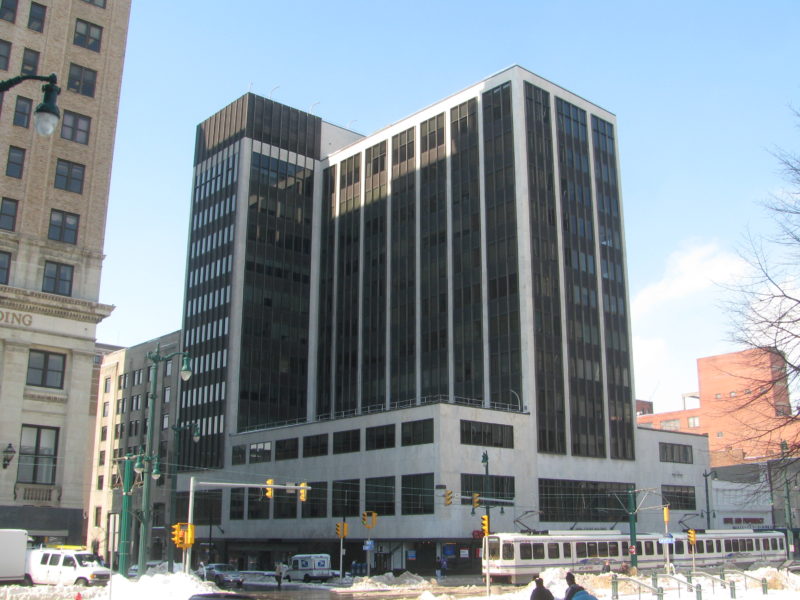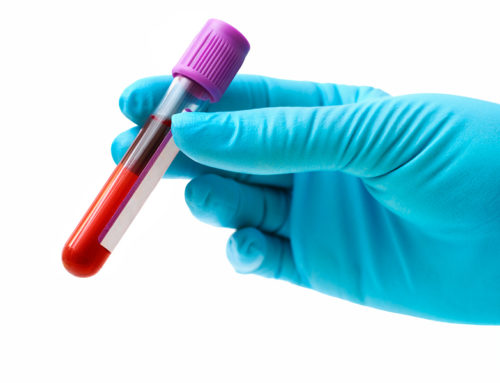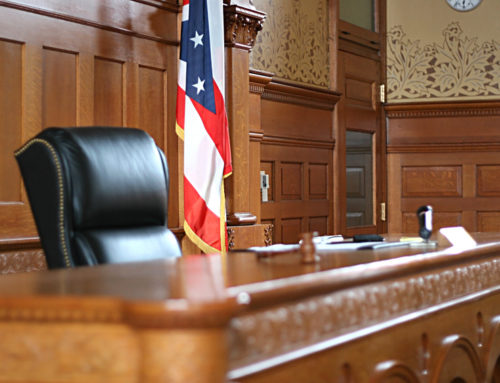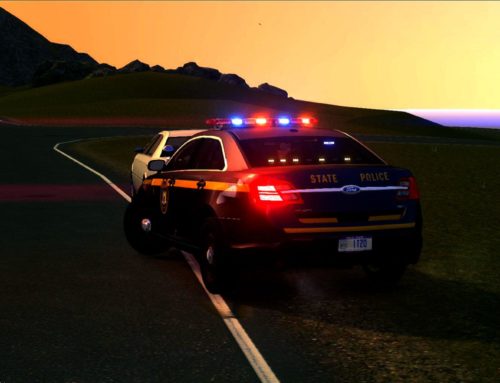A Buffalo DWI case is typically initiated by an arresting officer issuing a traffic citation after an initial stop. A DWI defendant may be immediately arraigned in front of a judge or a DWI defendant may receive a traffic citation directing them to appear at a future date for arraignment.
The Arraignment
An arraignment is usually the ‘start’ of a DWI case. The arraignment is a procedure where the judge takes the DWI defendant’s plea, possibly set bail or the conditions of the defendant’s release, and suspend the defendant’s driver’s license pending prosecution provided a BAC of 0.08 or greater is alleged. A DWI defendant is usually accompanied at the arraignment by their DWI defense attorney. A DWI defense attorney can guide the DWI defendant through the court process and may be able to expedite the court process for them. At an arraignment, a DWI defense attorney may file a Notice of Appearance and Request for Discovery (to obtain copies of the police report and witness list) with the court.
Before further court appearances, the DWI defendant may make arrangements with their DWI defense attorney to make a “plea bargain” offer to the prosecutor in their case. The objective of a plea bargain is to get the defendant’s DWI charge reduced to a lesser offense in exchange for the defendant’s guilty plea. Plea bargains are beneficial to a DWI defendant because they may eliminate the possibility of a DWI conviction, reduce the possibility of a trial, subject the defendant to less stress and save the defendant attorney’s fees.
The Pre-trial Conference
A DWI defendant may have a pre-trial conference after their initial arraignment. At this conference, the DWI defendant makes a court appearance with their DWI defense attorney. At this conference the DWI defense attorney may advise the court as to whether they have made a plea bargain arrangement with the prosecutor or whether the case will move on into the litigation phase. At the pre-trial conference if the DWI defendant and the prosecution have made a plea arrangement, the DWI defendant may enter their plea of guilty to a reduced charge in court and proceed to the sentencing phase of the trial process.
The Second Pre-trial Conference
A DWI defendant may be required to attend a second pre-trial conference. This means that the defendant may be required again to appear in court with their DWI defense attorney. At this appearance, arrangements may be made for the defendant to accept the prosecutor’s initial plea bargain offer, which may still be offered to the defendant. The prosecutor in the case may, on the other hand, make a new plea bargain offer to the defendant.
Trial
There are two types of trials: (1) bench trials – at which a judge alone determines the verdict and (2) jury trials – where six or more persons determine questions of fact while a judge determines issues of law. The typical trial process includes jury selection, opening statements by the DWI defense attorney and the prosecutor in the case, testimony from witnesses, including the arresting officer in the case, cross-examination of the witnesses by the DWI defense attorney and prosecutor, closing arguments from both attorneys in the case, jury deliberations and the verdict.
The attorneys at the law firm of Nave DWI Defense Attorneys are experienced in handling DWI cases. If you need a lawyer who can help you obtain the best possible outcome in your DWI case, call the law firm of Nave DWI Defense Attorneys.
The exclusive purpose of this article is educational and it is not intended as either legal advice or a general solution to any specific legal problem. Corporate offices for Nave DWI Defense Attorneys are located at 432 N. Franklin Street, Suite 80, Syracuse, NY 13204; Telephone No.: 1-866-792-7800. Prior results do not guarantee a similar outcome. Attorney Advertising.






